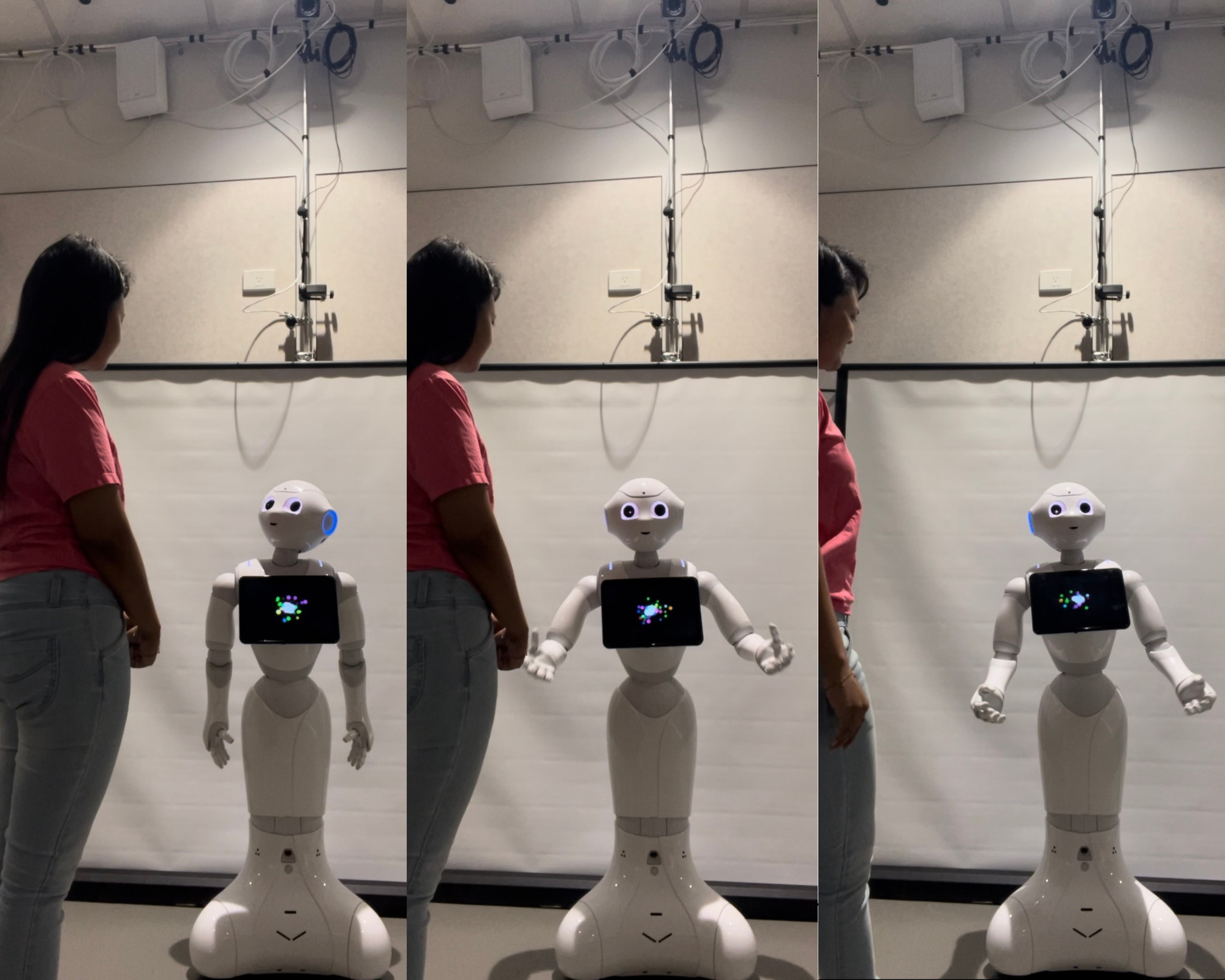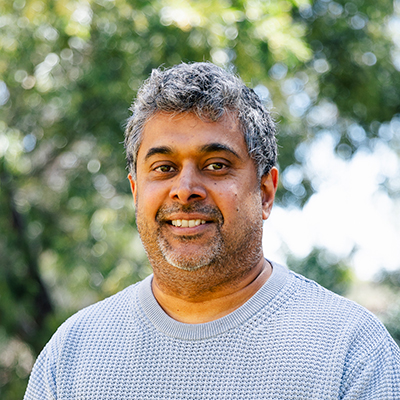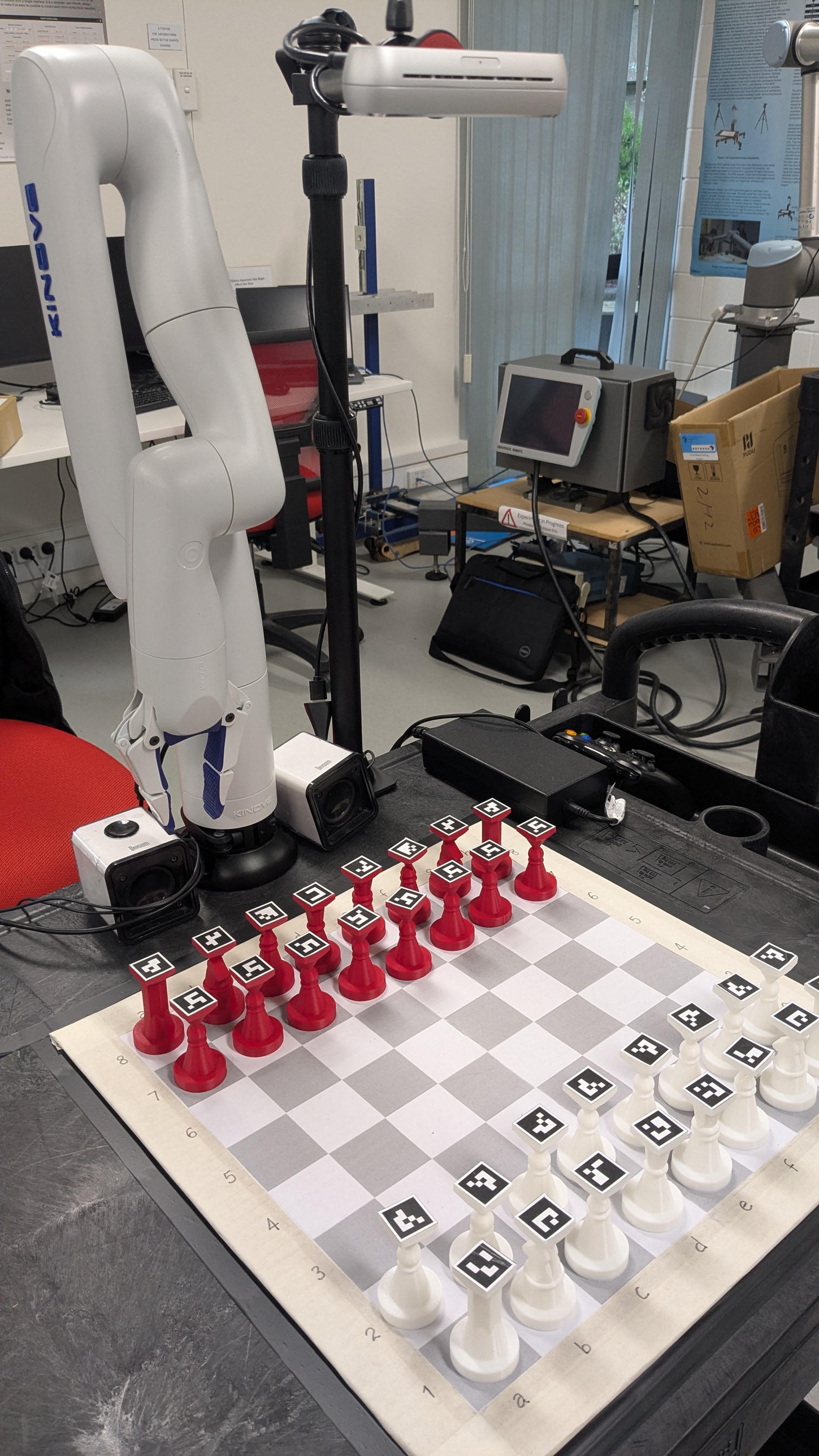Maleen Jayasuriya is a Lecturer in Robotics at the University of Canberra’s Faculty of Science and Engineering with a research focus on human-robot interaction and explainable AI (XAI) in robotics. Maleen holds a Bachelor’s degree in Electrical and Electronic Engineering from Sri Lanka and a PhD from the University of Technology Sydney, where his research focused on robot perception, localisation, and deep learning. He later completed a postdoctoral fellowship at UTS, contributing to research on collaborative robotics for sustainable construction.
In addition to his academic and research pursuits, Maleen is passionate about the arts, with experience in theatre, filmmaking, animation, graphic design, and game development. His passion for these fields drives his advocacy for interdisciplinary knowledge creation and the integration of arts with science and technology. Maleen is also actively involved in non-profit initiatives. He founded the Digital Well-being Initiative and serves as the lead engineer for the Arka Initiative, a Sri Lankan organization dedicated to improving sexual and reproductive health. His commitment to these causes reflects his belief in using technology to effect positive social change while promoting information literacy and well-being.
At CRL, Maleen continues to explore the intersection of robotics, psychology, and art, pushing the boundaries of human-robot collaboration and advancing the field of robotics with a unique interdisciplinary perspective.
 Maleen Jayasuriya
Maleen Jayasuriya


 Damith Herath
Damith Herath